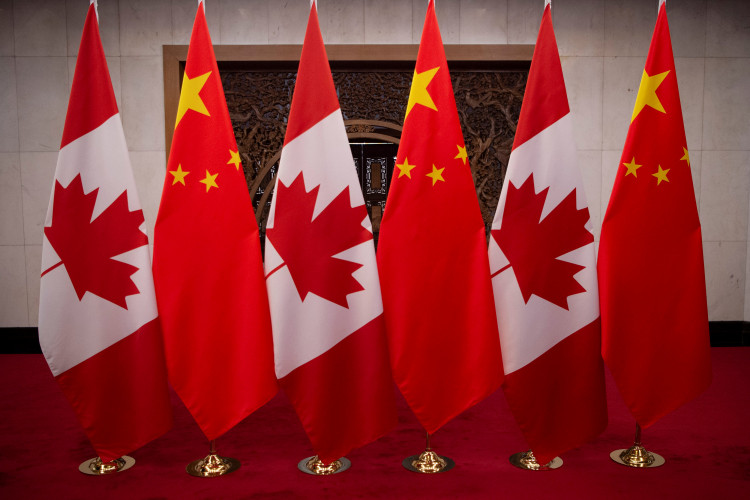A survey showed that continuing bilateral tensions between China and Canada disrupted trade between the country's businesses. Most of the Canadian respondents, however, expect business deals to stabilize soon. In contrast, most of them claimed that there was no change in priority in making trades with China.
The Rotman Institute for International Business and the Canada China Business Council (CCBC) jointly conducted the 2019-2020 Business Impact Survey. It examined the impact of bilateral tensions experienced by China and Canada between March 2019 and March 2020. It also covered 282 respondents from Canadian businesses that operate in China and China businesses operating in Canada, including manufacturers.
The results showed that business deals were stable and generated 103 billion CAD until December. However, when the RCMP arrested Huawei chief finance officer (CFO) Meng Wanzou on the alleged bank and wire fraud, trade tensions worsened against Canadian interests. There were also retaliation arrests on Canadians in China, namely Michael Kovrig and Michael Spavor.
On top of this, trade tensions were further disrupted due to the China-US trade war. During which, the China-Canadian trade only yielded 98 billion CAD. The pandemic, on the other hand, occurred after the survey was taken. Thus, the full impact of the economic crisis caused by it remains undetermined. Furthermore, the pandemic affected China-Canada trade relations during January. Still, the respondents already manifested their expectations on its adverse effects on business dealings.
Almost half of the respondents claimed that business was down during 2018, while 22 percent of them reported otherwise. Five percent of the respondents further noted that they are still exploring business opportunities in other countries.
About 52 percent of the manufacturers claimed that business between China and Canada would stabilize soon. About 19 percent expects an increase in business dealings, while 29 percent expects a decline in 2020.
More than two-thirds of the companies, however, believed that business was not affected in terms of prioritizing trade deals with China. About 25 percent recognized business with China as a low priority, while six claimed otherwise.
The trade tensions also compelled 63 percent of the respondents to suspend their business development travels or negotiations with China. The numbers were twice higher than 2018 values. About 51 percent claimed that their business contracts were postponed, 40 percent said that they cancelled these contracts. In comparison, 46 percent noted that there was a decrease in demand. The results were also twice higher than 2018 values.
Come Canadian companies said that it is more difficult to do business with China since the trade tensions with the US escalated. They claimed to be looking for more opportunities elsewhere.






